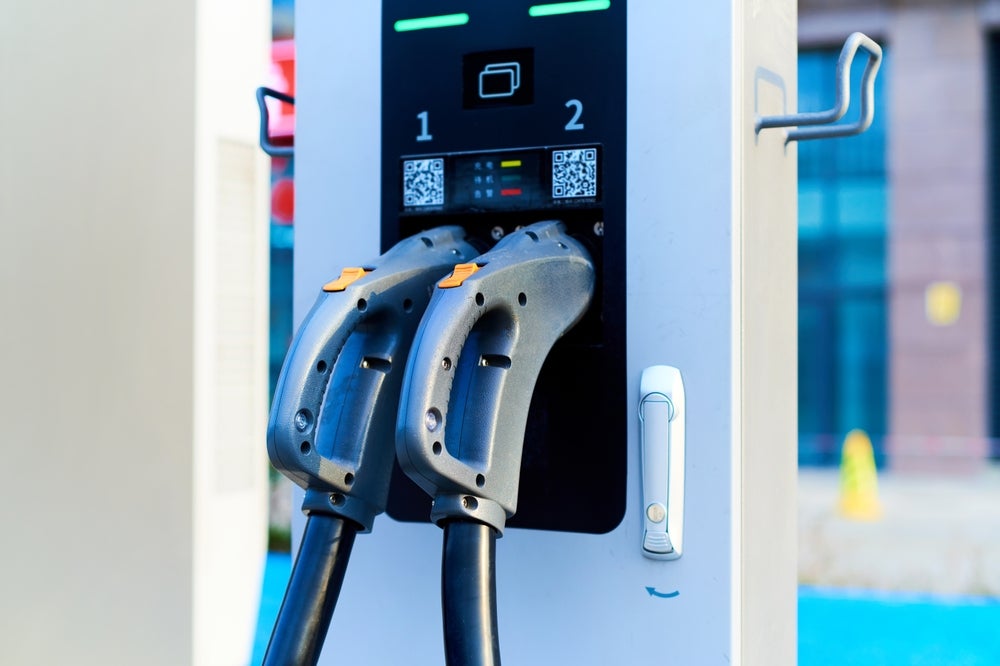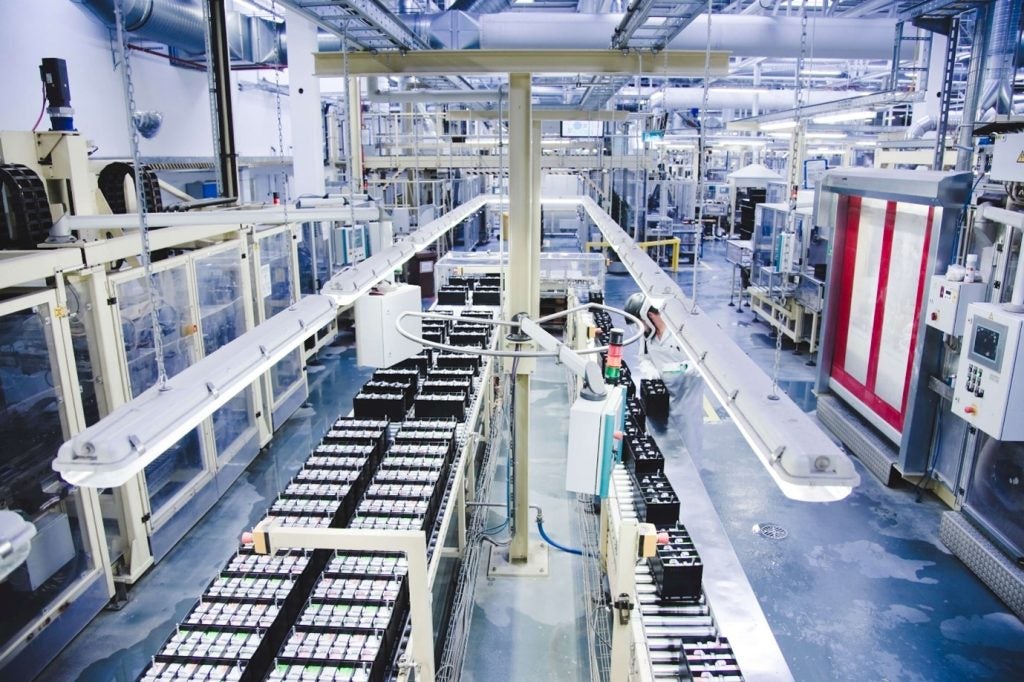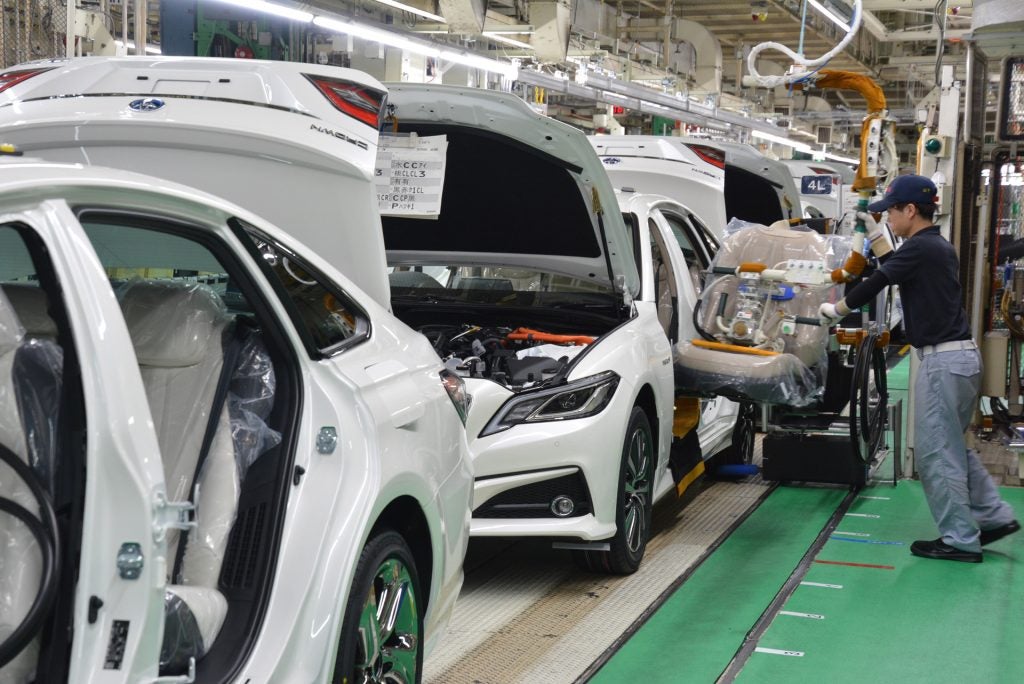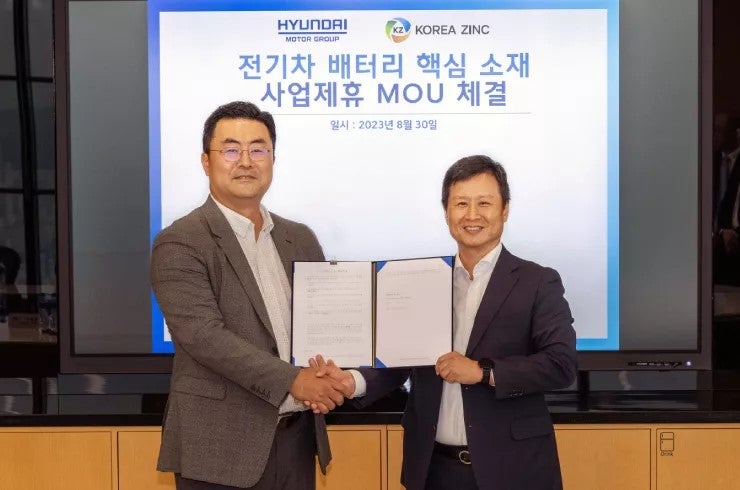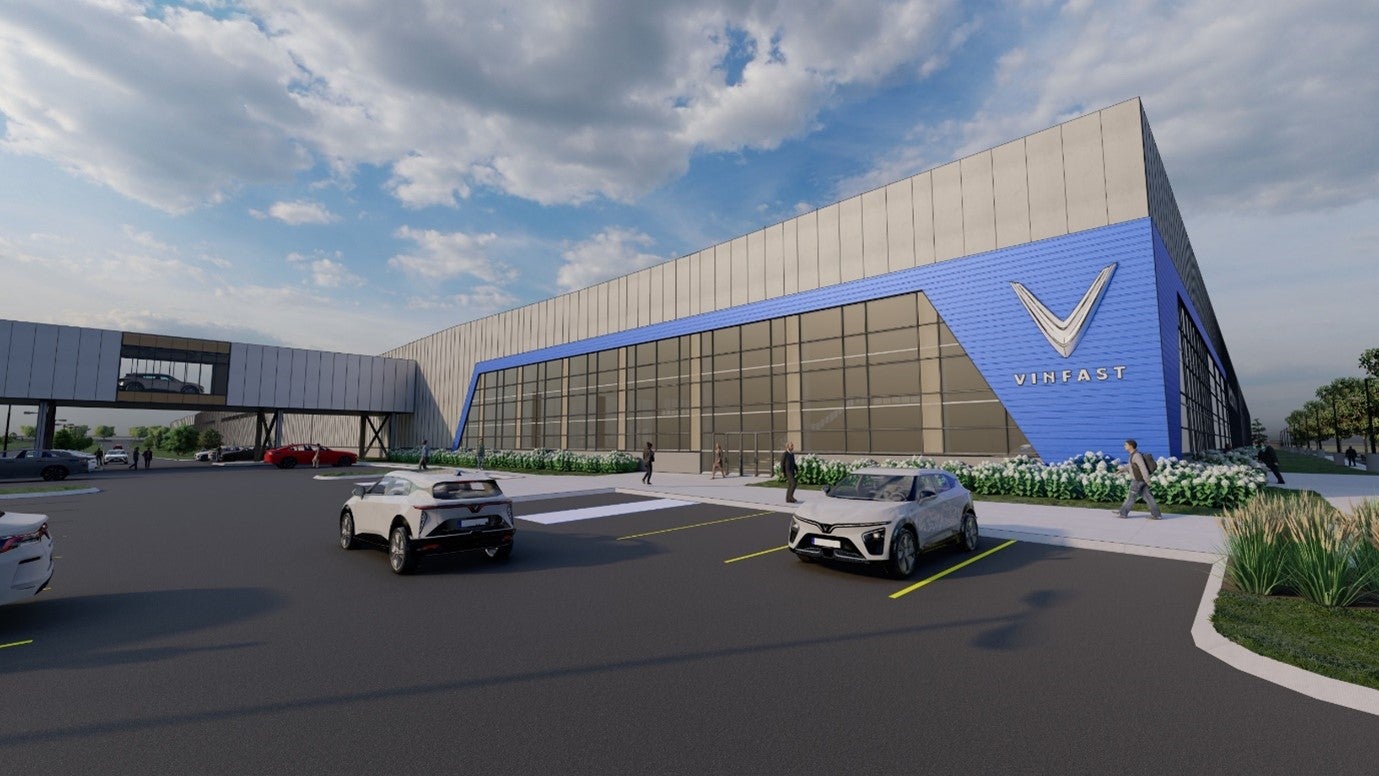
More people are turning to vehicle subscription and leasing options over the traditional ownership model. Rising interest rates and lack of vehicle inventory in recent years have caused some consumers to move away from owning a vehicle in favour of other options. In many countries, we’re seeing a rise in vehicle subscription services and offerings. Vehicle subscription services have increased in popularity so much so that the global car subscription market size is projected to reach $15.56 billion by 2030, growing at a compound annual growth rate of 23.1%. We spoke to Trent Broberg, CEO of ACERTUS, to learn more about the shift in consumer priorities and why vehicle subscriptions are on the rise.
BYD EV domination
Since the Qin Plus DM-i model became the best-selling model in BYD’s portfolio in 2021, BYD’s market share in the new energy vehicle (NEV) sector has been rapidly increasing, with nearly half of its sales coming from plug-in hybrid (PHEV) models. The robust growth momentum of PHEVs continues. According to vehicle insurance data up to May of this year, BYD’s market share in the PHEV segment has reached 75% so far in 2023, with total sales volume exceeding 413,000 units. If we include its subsidiary brand Denza, the market share of the BYD group within the PHEV segment has reached 82%. When we segment the market by different price ranges, we can see that BYD’s PHEV sales far exceed those of other automakers in the key price bands. Despite the limited investment by European and American companies in PHEV models, many Chinese automakers, such as Great Wall, Geely, and Chery, introduced plug-in hybrid technology in 2022. However, even after more than one year of market competition, BYD’s dominant position in the PHEV segment remains unchallenged. We analyse the underlying reasons for this from the perspectives of powertrain and pricing.
EV plant ready in six months
Founded in 2022, UK-based start-up Helixx has developed a ‘factory in a box’ that it claims delivers low-cost EVs in 180 days, with a primary focus on Asia-Pacific markets. It says pilot hubs established in the UK and Singapore will aim to produce 10,000 white label vehicles by 2025. Helixx’s vehicle range will comprise a CARGO commercial delivery van, TRUCK pick-up, an open-body TUK and closed-body RIDE for ride-hailing. Earlier this year it was announced that Helixx had selected Siemens Xcelerator as its ‘digital twin’ technology provider, that would help Helixx design its Mobility Hubs as well as plan its supply chain needs. We spoke to CEO and co-founder Steve Pegg about the Helixx concept and its future plans.
Shared charging a solution?
A lack of EV charging infrastructure is acting as an impediment to EV adoption. Could shared charging initiatives help? The ongoing issue of access to EV charging infrastructure is continuing to act as a hurdle for EV adoption in Britain. With at least 11 million people within the UK living in flats or terraced buildings with limited off-street parking, a large proportion of the population is currently cut off from the most convenient and cost-efficient way of charging an EV. To address this issue, new ideas such as peer-to-peer charging as well as solar and wind home chargers are taking shape. A report recently carried out by digital innovation and engineering company, Futurice, ‘the E40 report’, suggests the market cannot overcome charging barriers without elevating the role of peer-to-peer and shared charging initiatives. We spoke to Matthew Edwards, managing partner at Futurice UK, to further discuss the report and the benefits of peer-to-peer charging.
Audi to buy SAIC tech?
Audi and China’s largest automaker SAIC said they would work on EV projects. Audi had been under pressure to slow its market share slide in China and had reportedly been looking for new EV platform technology due to issues with its software. SAIC said: “The Chinese auto market is in the midst of the biggest transformation in its history. Therefore we will jointly work on a strategic approach that guarantees our future success.” Details of any deal remained vague. It was uncertain if Audi wanted to acquire technology from SAIC sub-brand IM Motors or would developing an EV platform with the Chinese company.
More Mexican Mazdas?
Mazda is considering making vehicles for North America in Mexico from around 2028. Vehicles made there could qualify for US Inflation Reduction Act incentives. Mazda plans two new EVs expected to be launched between 2025 and 2027. Initial production would be in Japan with North America to follow. Mazda has assembly plants in Salamanca, Mexico plus a joint venture factory with Toyota in Huntsville, Alabama. Asked if Mazda would build EVs in Alabama, CEO Masahiro Moro said: “At this point, we’re not thinking about it.”
Hon Hai collaborates
Hon Hai Technology and US semiconductor manufacturer Analog Devices (ADI) have agreed to work together to develop digital cockpits and high performance battery management systems (BMS) for electric vehicles (EVs). Hon Hai, also known as Apple’s main manufacturing subcontractor Foxconn, had been expanding aggressively in the global EV sector in the last few years to reduce its dependence on the iPhone maker’s business. The company recently unveiled several BEVs based on the open vehicle platform it had developed as the leading company of the MIH Consortium.
Tesla defies analysts
Tesla reported revenue of US$24.97bn for Q2 2023, up 47% year on year and narrowly beating Wall Street’s $24.7bn projection. Operating income reportedly decreased slightly to $2.4bn in Q2, for a 9.6% operating margin. Adjusted EBITA rose 23% to $4.7bn. The automaker said it reduced costs for its popular vehicle models, leading to a sales surge. Earnings per share of $0.91 also beat analyst estimates of $0.79.
Old plant, new life
Stiebel Eltron will install a stainless steel cylinder production facility for heat pump heating systems at Continental’s Gifhorn factory. Earlier this month, the auto supplier said it would shutter the plant by the end of 2027. It subsequently signed a letter of intent for Stiebel Eltron to take over the site. Continental said the deal would ensure long term employment opportunities for as many suitably qualified employees as possible. The company’s ‘from work to work’ programme finds new jobs elsewhere in the company or at other firms for workers axed from its own facilities.
VW China queries
Volkswagen has said it is “absolutely holding onto” its intent to audit its Xinjiang plant in northwestern China. The statement came after fresh concerns about potential human rights violations. An open letter from the German Association of Ethical Shareholders claimed that. while the automaker took the risk of “potential human rights violations” seriously, there was “serious evidence of forced labour in relations to VW’s supply chains.” VW responded: “In contrast to you, we are convinced that an audit by an independent auditor can deliver important information about the human rights situation at the Urumqi plant.” The statement was published on the Business and Human Rights Resource Centre website.
Now, which plug is it?
Nissan has agreed with Tesla to adopt the North American Charging Standard (NACS) plug. The change will give North American owners access to 12,000 Tesla Superchargers across the continent. It is the first Japanese automaker to make the switch.
New Alliance agreed
Nissan and Renault are close to an announcement after finalising their restructured alliance deal, reportedly. This was the end of 10 months of negotiations which the news agency described as “sometimes tense”. Last February, the automakers unveiled a framework agreement and aimed to finalise negotiations as early as March. Nissan was expected to acquire up to a 15% stake in Renault’s new EV unit, Ampere, while Renault would reduce its 43% share in Nissan.
VinFast US plant
Vietnamese automaker VinFast said it would build a US$4bn factory in North Carolina. The factory is part of the EV start-up’s plan to expand into the US, and compete with Tesla and BYD. VinFast, the automotive arm of conglomerate Vingroup, started deliveries in California last March. Plans for the US factory were announced in 2022 and the automaker was awarded a state $1.2bn incentive.
And another
California based Rivian has been given the green light to start construction of its US$5bn EV factory in Georgia. Progress on this second factory had been stymied after several legal challenges, including a lawsuit which disputed part of an incentive package Rivian was set to receive in its deal with the state. The automaker was expected to get a US$1.5bn incentive, the second largest in Georgia state history. Approximately $700m of that included property tax breaks, subsequently disputed by an opposition group.
Tata UK battery plant
Tata Sons, part of the group which owns Jaguar Land Rover, said it would build “a “global battery cell gigafactory” here in the UK with annual capacity for 40GWh of cells. “This investment of over GBP4bn is an integral part of [the group’s] commitment to electric mobility and renewable energy storage solutions and establishes a competitive green tech ecosystem in the UK at scale,” the Indian company said in a statement. Tata Sons chairman N Chandrasekaran said: “Our multi billion pound investment will bring state of the art technology to the country, helping to power the automotive sector’s transition to electric mobility, anchored by our own business, JLR. With this strategic investment, Tata Group further strengthens its commitment to the UK, alongside our many companies operating here across technology, consumer, hospitality, steel, chemicals, and automotive.”
Have a nice weekend
Graeme Roberts, Deputy Editor, Just Auto


